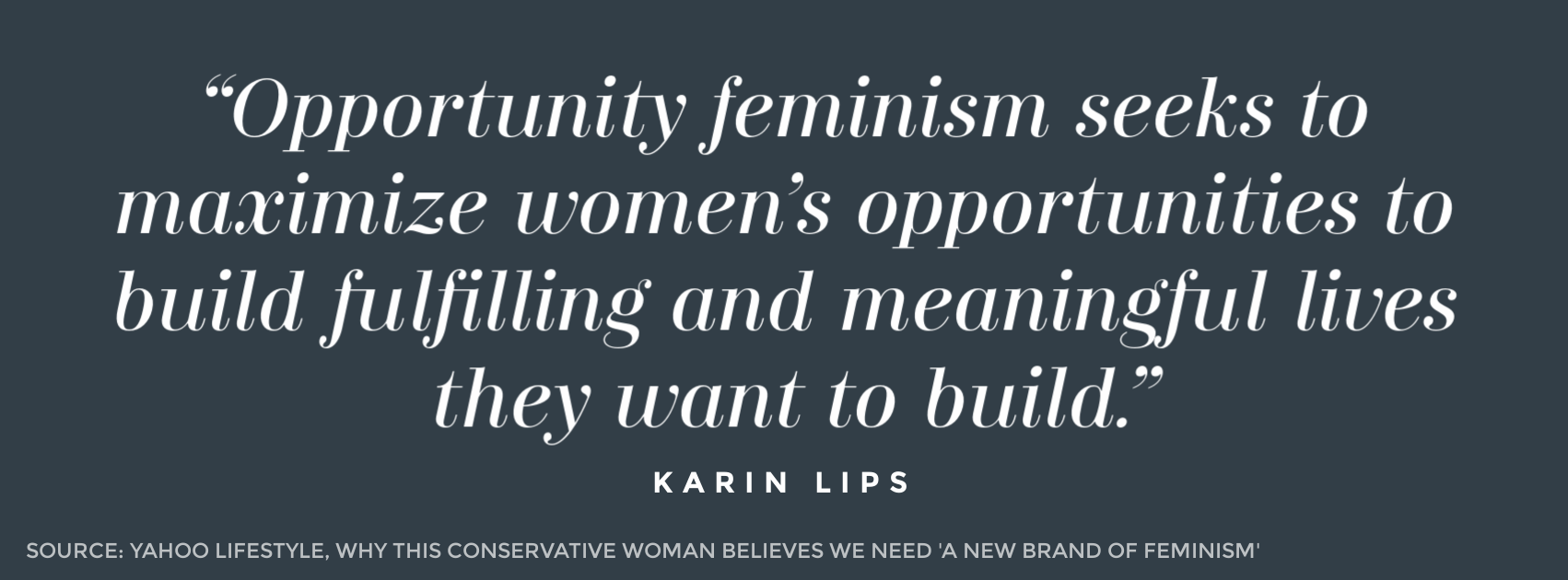Women need to add babies and infertility to the ‘lean in’ discussion
This article originally appeared in The Hill.
Social media was flooded with adorable pictures of children at work with their parents for “Take Your Child To Work Day.” Even the president got in on it, inviting the children of the press corps into the Oval Office. President Donald Trump said, “Honestly, the children ask me better questions, if you want to know the truth.”
Along with “Take Your Child To Work Day,” this week marked National Infertility Awareness Week. Women (and men) would be better off if this annual awareness week was getting the attention that “Take Your Child To Work Day” receives.
Infertility includes those who aren’t able to get pregnant after at least one year of unprotected sex. How many people does this impact? According to the Centers for Disease Control and Prevention:
“About 6% of married women aged 15 to 44 years in the United States are unable to get pregnant after one year of trying (infertility). Also, about 12% of women aged 15 to 44 years in the United States have difficulty getting pregnant or carrying a pregnancy to term, regardless of marital status (impaired fecundity).”
This isn’t just a woman problem. In about a third of couples with infertility, there is a male factor along with a female factor. And in 8 percent of cases, it is attributed to a male factor alone.
There is no telling who it will strike. The vice president and his wife tried for six years before they had their first of three children.
One factor doctors do know contributes to infertility is age, for both men and women. A woman’s chances of having a baby decrease every year after age 30. About a third of couples where the woman is older than 35 have fertility problems.
Yet the message women hear from the popular women’s empowerment movement is to “lean in” at work and you can fit kids in there somewhere.
At a reception a couple of months ago, a friend mentioned that she and her husband were going to start trying to have kids once she turns 30.
I’ve heard this narrative over and over again — that women should wait to have children until they reach a certain point in their career or age 30, whichever comes later.
We are seeing women achieve more career success, in many cases, in part due to women postponing having children.
Before a baby girl turns one, she will likely be dressed in a “future president” or “future girl boss” onesie. The message that women should be “leaning in” to work seems to be everywhere — you can even, somewhat ironically, buy a “Lean In Baby Onesie.”
But there doesn’t seem to be much room in these career success discussions for talk of babies.
A huge majority, 9 in 10, adults say they have children, plan to have children, or wish they had children. And women in 2013-2015 on average expected to have 2.2 children.
How do the babies fit in?
It was wonderful to see the Senate rule change earlier this month allowing senators to bring children onto the Senate floor for votes. Sen. Tammy Duckworth (D-Ill.) was the first senator to bring a newborn onto the Senate floor for a vote and she did so at age 50.
Unfortunately, not all women will be able to have a child at the age of 50 after reaching the top of their fields.
True empowerment for women should be defined broader than just what they achieve at the workplace. It should be about having the opportunity to build the life they want to build, whether that is career-centered, kid-centered, or both.
To be able to build that life, women need the facts about infertility. As part of National Infertility Awareness Week, some groups have been tweeting out some statistics. And men and women are sharing their infertility stories.
Women will be better off if they know the facts about infertility, rather than assuming they will easily be able to have kids after their career is in order.



